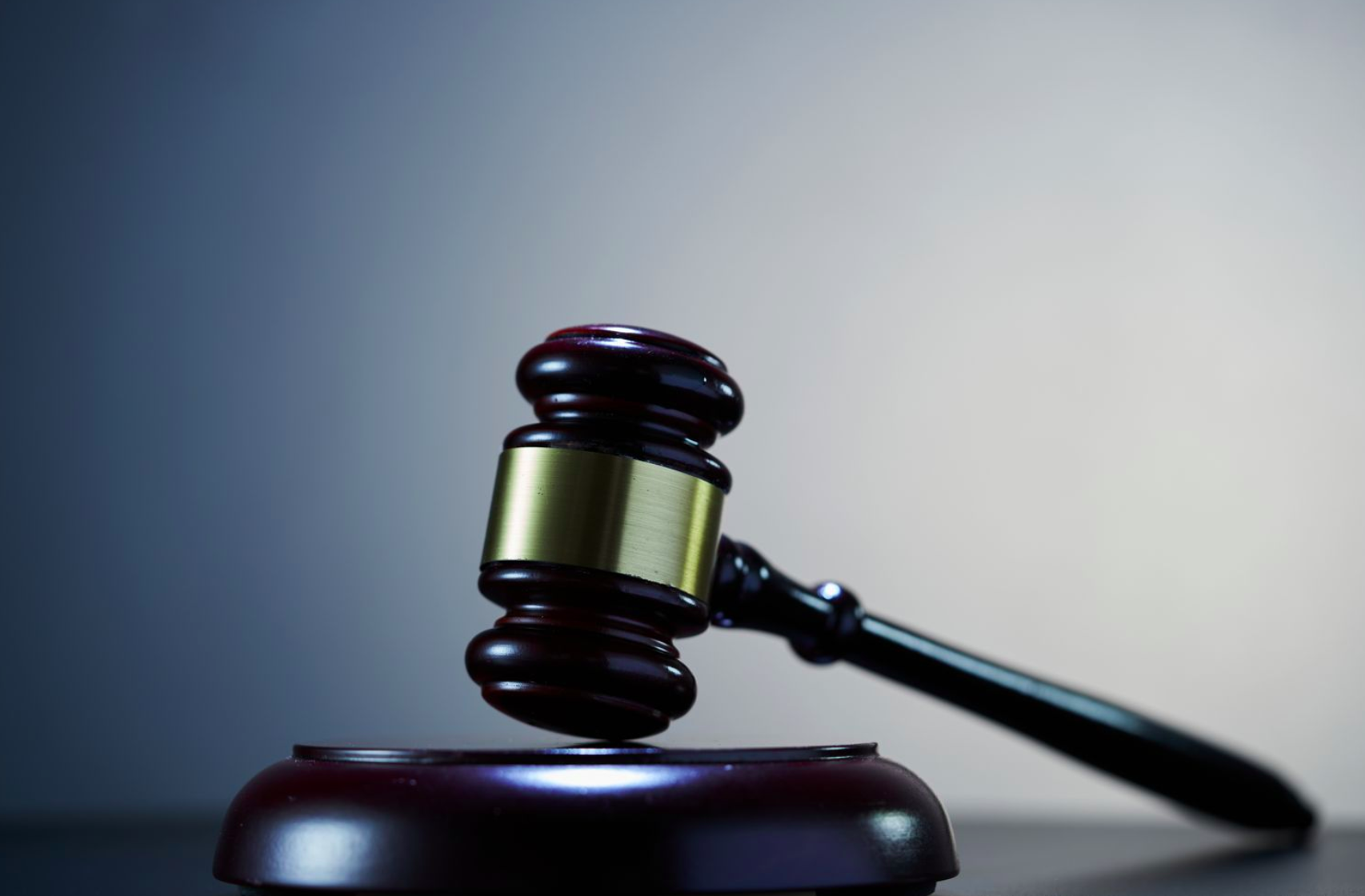
AI and the Law: Legal Implications and Regulations
Artificial Intelligence (AI) has rapidly evolved over the past few years, significantly altering various aspects of our lives. From healthcare to finance, AI’s impact is undeniable. However, as AI technologies continue to advance, they raise critical questions about legality and ethics. This blog post explores the legal implications and regulations surrounding AI, providing a comprehensive understanding of the current landscape and future prospects.
The Rise of Artificial Intelligence
AI is no longer a futuristic concept; it is a present reality. According to a 2021 survey by McKinsey, 56% of companies have adopted AI in at least one function, a figure that has doubled since 2017. The rapid adoption of AI technologies brings numerous benefits, including increased efficiency and innovation. However, it also poses significant legal challenges.
AI in Decision-Making: Legal Concerns
One of the primary areas where AI has a significant impact is in decision-making processes. AI algorithms are increasingly used to make decisions in areas such as hiring, lending, and law enforcement. While these applications offer efficiency, they also raise legal and ethical concerns.
For example, AI algorithms can inadvertently perpetuate bias and discrimination. A study by ProPublica revealed that an AI system used in the criminal justice system was biased against African Americans. Such biases can lead to unjust outcomes, making it imperative to develop regulations that ensure fairness and transparency.
Data Privacy and Security
AI systems rely heavily on data, raising significant concerns about data privacy and security. The General Data Protection Regulation (GDPR) in the European Union is one of the most comprehensive regulations addressing data privacy. It mandates that organizations must obtain explicit consent from individuals before collecting and using their data.
However, the fast-paced evolution of AI technologies requires continuous updates to these regulations. In 2020, California Consumer Privacy Act (CCPA) came into effect, providing residents of California with greater control over their personal data. Similar regulations are being considered in other jurisdictions, highlighting the global recognition of the importance of data privacy in the age of AI.
Intellectual Property Rights
The emergence of AI has also raised questions about intellectual property (IP) rights. Who owns the IP generated by AI? Can AI systems be considered inventors? These questions are at the forefront of legal debates.
In 2021, the South African Patent Office became the first to grant a patent listing an AI system as the inventor. This groundbreaking decision has sparked discussions worldwide about the need to adapt IP laws to accommodate AI-generated inventions. However, most jurisdictions still require a human inventor, highlighting the need for consistent global regulations.
AI and Liability
Determining liability in the case of AI-related incidents is another significant legal challenge. For instance, if a self-driving car causes an accident, who is liable? Is it the car manufacturer, the software developer, or the owner of the vehicle?
To address these concerns, the European Commission proposed the Artificial Intelligence Act in 2021, which includes provisions for liability and accountability. The Act aims to create a legal framework that ensures AI systems are safe and respect fundamental rights. It also introduces the concept of high-risk AI systems, which would be subject to stricter requirements.
Ethical Considerations
Beyond legal implications, AI technologies also raise ethical questions. The development and deployment of AI should align with ethical principles such as fairness, accountability, and transparency. Organizations like the Institute of Electrical and Electronics Engineers (IEEE) and the Partnership on AI are working to establish ethical guidelines for AI development and use.
Adopting ethical AI practices is not only a legal necessity but also a business imperative. According to a survey by PwC, 85% of consumers are concerned about AI’s potential to infringe on their privacy. Companies that prioritize ethical AI practices can build trust and gain a competitive advantage.
Future of AI Regulation
The legal landscape for AI is continuously evolving. Governments and regulatory bodies worldwide are recognizing the need for comprehensive AI regulations. In the United States, the National AI Initiative Act was signed into law in 2021, aiming to ensure the United States leads in AI research and development while addressing ethical and legal challenges.
International collaboration is also essential for creating consistent AI regulations. Organizations like the United Nations and the Organisation for Economic Co-operation and Development (OECD) are working to develop global standards for AI governance.
Actionable Tips for Navigating AI Regulations
As AI technologies continue to advance, it is crucial for businesses and individuals to stay informed about legal and regulatory developments. Here are some actionable tips:
- Stay Informed: Regularly monitor updates from regulatory bodies and industry organizations to stay informed about new AI regulations.
- Implement Ethical AI Practices: Adopting ethical AI practices can help build trust and ensure compliance with regulations.
- Consult Legal Experts: Work with legal experts specializing in AI to navigate the complex legal landscape and ensure compliance.
- Participate in Industry Initiatives: Engage with industry initiatives and organizations working on AI governance to contribute to the development of ethical and legal standards.
Conclusion
AI technologies hold immense potential to transform various industries and improve our lives. However, they also raise significant legal and ethical challenges that must be addressed. By understanding the legal implications and staying informed about regulations, businesses and individuals can navigate the complex AI landscape responsibly. As AI continues to evolve, ongoing collaboration between governments, regulatory bodies, and industry stakeholders will be essential to ensure that AI technologies are developed and deployed in a manner that aligns with legal and ethical principles.
